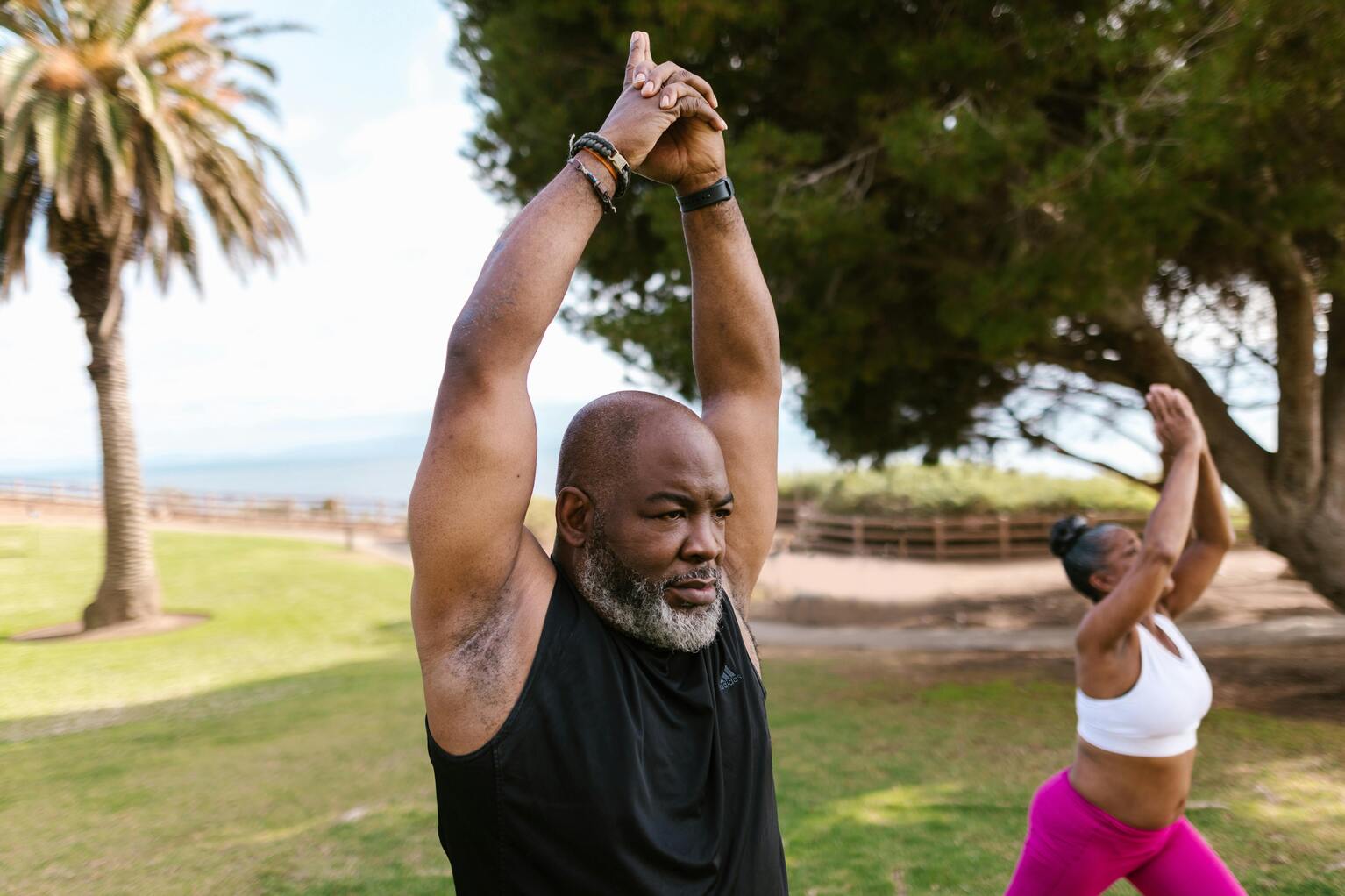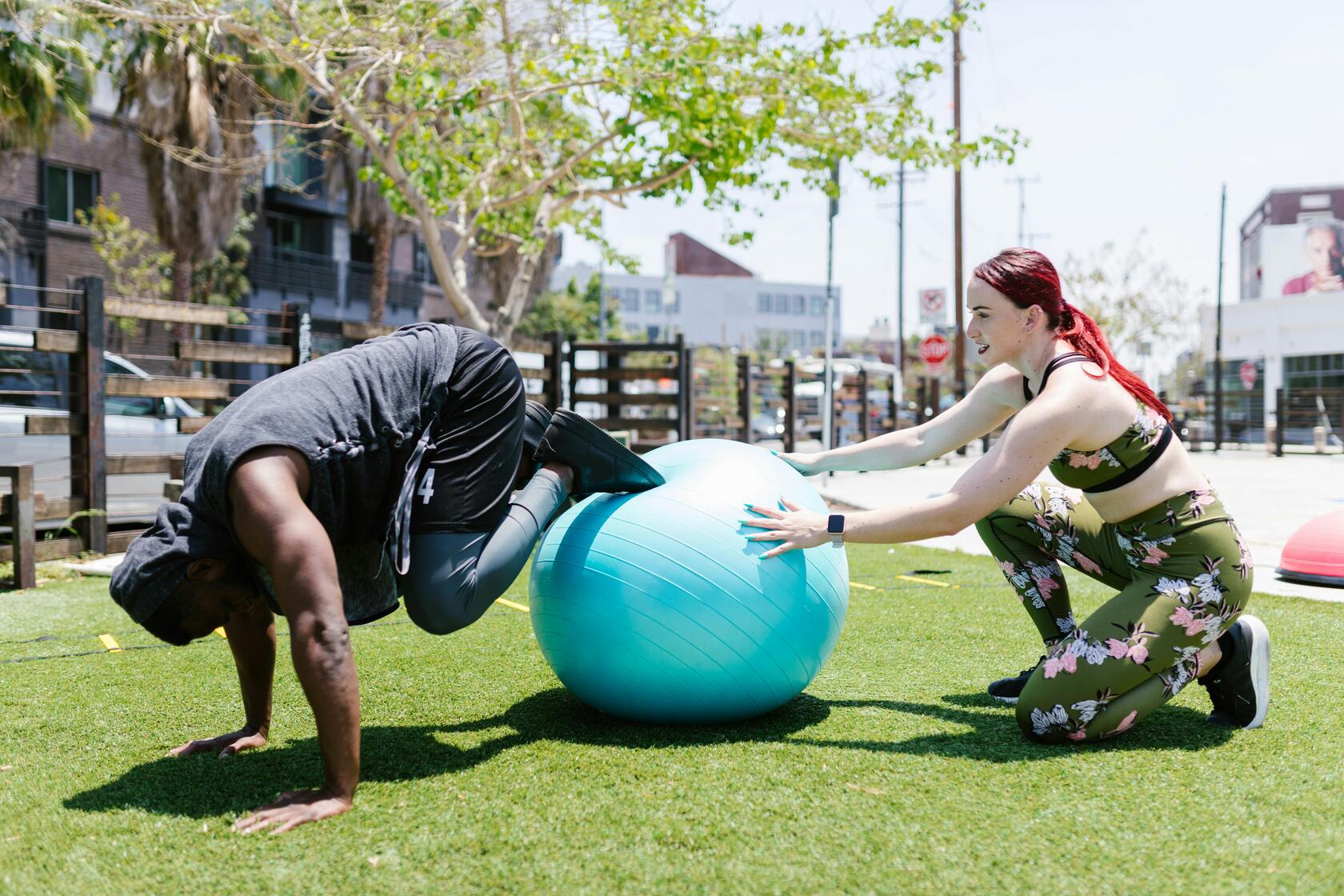In today’s fast-paced world, self-care has become more than just a luxury—it’s a necessity. Yet, many people still focus on only one or two aspects of their well-being, neglecting the broader connection between mind, body, and spirit. A truly holistic approach to self-care recognizes that these three elements are interconnected and inseparable. When we nourish all three, we nurture our overall health, happiness, and resilience. This article explores how taking care of the mind, body, and spirit leads to a more balanced, fulfilling life and offers practical advice for building a well-rounded self-care routine.
The Interconnectedness of Mental, Physical, and Emotional Well-being
The idea of “holistic health” is based on the understanding that the mind, body, and spirit are deeply intertwined. When one area suffers, the others are impacted. For example, chronic stress—primarily a mental or emotional issue—can lead to physical problems like headaches, digestive issues, or even heart disease. On the other hand, regular physical activity can improve not just your physical health, but also your mental clarity and emotional resilience.
Neglecting the mind, body, or spirit creates imbalances that manifest in various ways. Someone who prioritizes physical fitness but neglects their emotional needs may experience burnout or depression. Conversely, focusing solely on mental or spiritual well-being without paying attention to physical health could result in fatigue, weight gain, or chronic illnesses.
Holistic self-care recognizes that to feel truly healthy and whole, we must care for all aspects of our being. This comprehensive approach nurtures us on multiple levels, allowing us to thrive in every area of life.
Activities That Benefit Multiple Aspects of Health Simultaneously
Many activities promote the well-being of the mind, body, and spirit all at once. Integrating these into your routine can maximize the impact of your self-care efforts. Here are some practices that nourish multiple aspects of your health:
- Yoga: Combining physical movement, mindful breathing, and meditation, yoga is a classic example of a holistic activity. It strengthens the body, calms the mind, and nurtures the spirit by encouraging presence and self-awareness.
- Nature Walks: Spending time in nature not only benefits your physical health through movement but also provides mental clarity and emotional grounding. Studies show that time outdoors can reduce stress, boost mood, and even enhance creativity. Nature has a unique ability to quiet the mind while simultaneously nurturing the spirit.
- Meditation and Mindfulness: These practices are powerful tools for managing mental health and stress, but they also have physical benefits such as lowering blood pressure and improving sleep. On a spiritual level, mindfulness encourages deeper connection with the self and the present moment.
- Dancing: Whether you’re in a formal class or just moving to your favorite song at home, dancing is a fun way to engage your body, release emotional tension, and lift your spirit. It fosters joy and self-expression, while providing a great workout.
- Breathwork: Intentional breath control, often used in yoga or meditation, benefits both the body and mind. Deep breathing techniques can help reduce anxiety, improve focus, and regulate physical functions such as heart rate and digestion.
Each of these practices addresses the well-being of mind, body, and spirit in unique ways. Incorporating them into your daily routine can help you maintain balance across all areas of health.
The Importance of Balancing Different Types of Self-Care
Just as no two people are alike, no two self-care routines should be the same. Holistic self-care encourages balance across different types of well-being—mental, physical, emotional, and spiritual. Overemphasizing one area at the expense of another can lead to imbalance and burnout. For example, working out every day without prioritizing mental rest can lead to physical exhaustion and mental fog. Similarly, engaging in constant introspection and neglecting physical activity can result in low energy or poor physical health.
It’s essential to assess your own needs and ensure that your self-care routine addresses all aspects of your well-being. Here are some key areas to consider and how they work together:
- Physical Self-Care: Involves activities that nurture the body, such as exercise, nutrition, hydration, and sleep. A healthy body provides the foundation for mental and emotional clarity.
- Mental Self-Care: This includes engaging in activities that stimulate and relax the mind, such as reading, puzzles, learning new skills, and practicing mindfulness. A clear, focused mind is crucial for making healthy choices and managing stress.
- Emotional Self-Care: This involves practices that help you process and manage your feelings. Journaling, talking with a trusted friend or therapist, and setting healthy boundaries are all forms of emotional self-care. A healthy emotional state allows you to face challenges with resilience and compassion.
- Spiritual Self-Care: While spirituality means different things to different people, it often involves connecting with a higher purpose or the world around you. Practices like meditation, prayer, or even spending time in nature can nurture your spiritual health, providing a sense of meaning and grounding in daily life.
How Neglecting One Area Can Impact Others
Neglecting one aspect of self-care can lead to a ripple effect, where the imbalance begins to affect other areas of your life. For example:
- Physical Neglect: If you don’t prioritize physical self-care, such as exercise and sleep, your mental health can suffer. You may experience fatigue, irritability, or poor concentration, which can lead to feelings of inadequacy or anxiety.
- Mental Neglect: Failing to take care of your mental health—whether through stress management, relaxation, or cognitive stimulation—can increase emotional strain and lower your motivation to engage in physical activities.
- Emotional Neglect: Bottling up emotions or failing to acknowledge your feelings can lead to mental burnout or physical symptoms like tension headaches, insomnia, or digestive issues.
- Spiritual Neglect: If you ignore your spiritual needs, you may feel disconnected from your purpose or values, which can cause anxiety, lack of motivation, and even depression. This disconnection can also lead to poor decision-making in areas like physical health or relationships.
The key is to recognize that self-care is a dynamic, interconnected process. If one area is suffering, the others will soon follow. This is why a balanced approach is essential for long-term well-being.
Practical Tips for Creating a Well-Rounded Self-Care Routine
A well-rounded self-care routine doesn’t have to be complicated. Here are practical tips for ensuring you’re taking care of your mind, body, and spirit:
- Start Small: You don’t need to overhaul your life overnight. Start by incorporating just one activity that benefits multiple areas, like yoga or a short meditation practice.
- Schedule It In: Self-care needs to be a priority. Set aside time in your calendar for activities that nurture your mind, body, and spirit. This could mean morning journaling, evening yoga, or a weekly nature walk.
- Listen to Your Body and Mind: Pay attention to how you’re feeling. If you’re feeling physically drained, prioritize rest or gentle movement. If your mind feels cluttered, try meditation or journaling to clear your thoughts.
- Mix It Up: Variety keeps things fresh. Alternate between activities that target different aspects of well-being. One day might focus on physical activity, while the next emphasizes emotional or mental care.
- Be Consistent: Self-care is most effective when practiced regularly. Even if you only have a few minutes a day, consistency is key to maintaining balance and preventing burnout.
- Personalize It: Tailor your routine to fit your lifestyle and preferences. If you don’t enjoy yoga, try another holistic activity like Tai Chi or walking meditation. Self-care should be enjoyable, not a chore.
Personal Stories: The Benefits of a Holistic Approach
Sarah, a busy working mom, found herself constantly stressed and exhausted. She focused solely on her physical health, attending daily workout classes but neglecting her mental and emotional well-being. Over time, she felt burnt out and unfulfilled. After learning about holistic self-care, Sarah began incorporating short meditation sessions and journaling into her routine. By addressing her emotional and mental needs, she found that not only did her stress levels decrease, but her physical energy improved, too.
John, a college student, spent most of his time studying, which led to mental fatigue and a sedentary lifestyle. His anxiety increased, and he found it difficult to focus. After discovering the benefits of nature walks, John began taking regular strolls through a nearby park, combining physical activity with mindfulness. This simple practice helped clear his mind, reduce stress, and boost his overall well-being.
Both Sarah and John’s stories illustrate how balancing the mind, body, and spirit can have profound, positive effects on overall health.
ICW Says:
A holistic approach to self-care is not just about indulging in occasional pampering; it’s about nurturing every aspect of yourself—mentally, physically, and spiritually. By recognizing the interconnectedness of these areas and maintaining balance, you can experience greater well-being, resilience, and fulfillment. Start by incorporating activities that benefit multiple aspects of your health, and remember that self-care is a lifelong journey. The more you invest in it, the more you’ll reap the rewards of a happier, healthier life.
You may also like
-
Jacqueline Carson on The Mind-Body Connection: How Your Thoughts Shape Your Health
-
Coffee with the Universe: Creating a Sacred Daily Practice
-
Aliesha Embleton on Building Resilience and Self-Care: A Lifelong Foundation for Growth
-
Dr Stacey Anwin on Writing for Self-Care
-
ADHD-Friendly Self-Care Practices: How to Prioritise Your Mental, Emotional, and Physical Wellbeing

